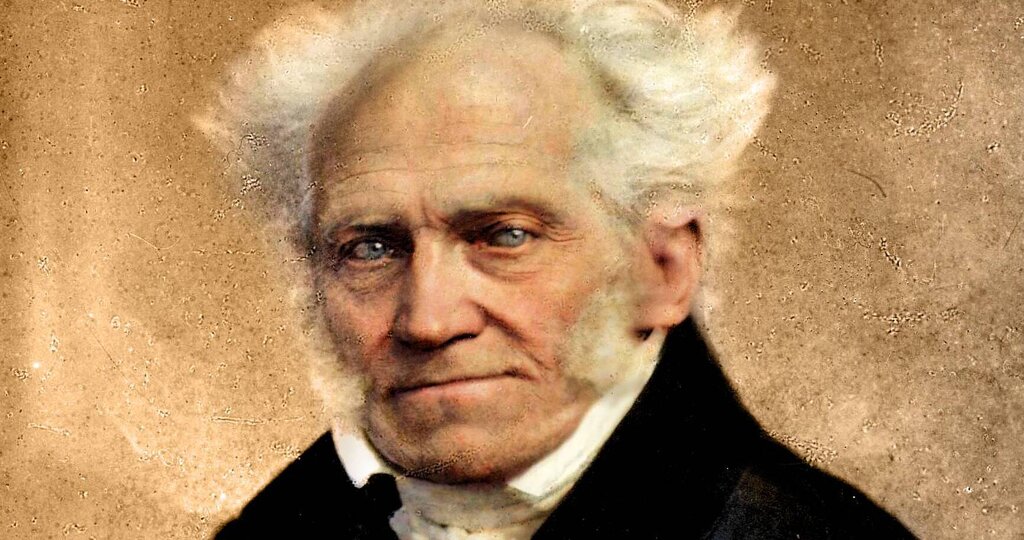Schopenhauer on the Danger of Excessive Solitude
The German philosopher Arthur Schopenhauer is well known for his defence of solitude; as he said, “A man can be himself only so long as he is alone; and if he does not love solitude, he will not love freedom, for it is only when he is alone that he is really free.” Distinct from…
View Post



